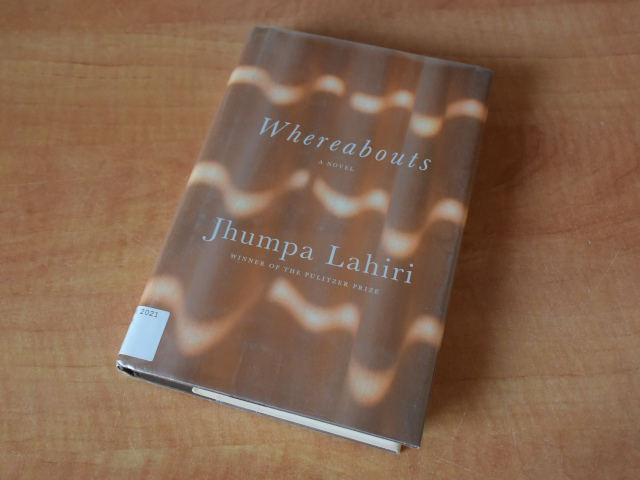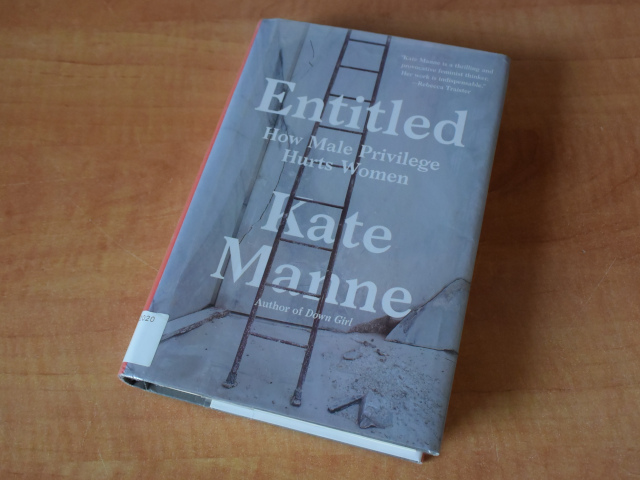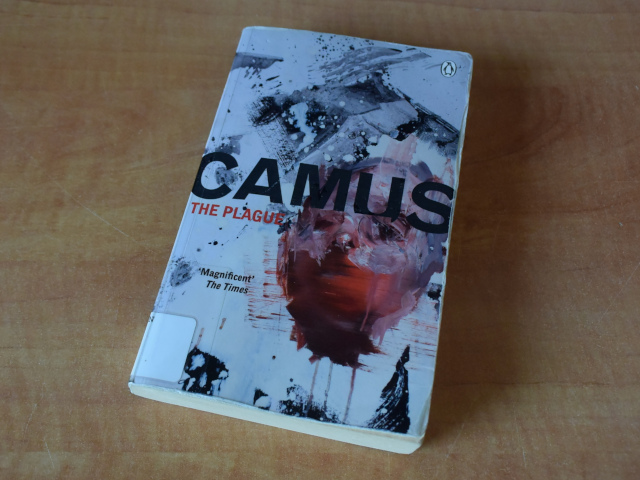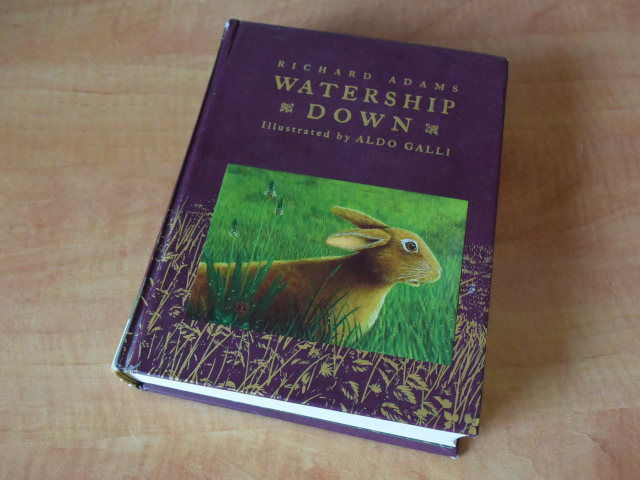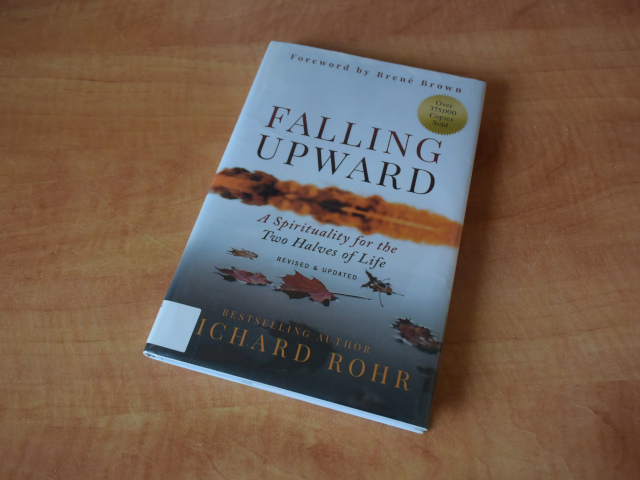It’s a brand new year! Welcome to the January 2023 edition of The Waayyy Behind Book Club, where I talk about the books I’ve read this month.
There were no entries in The Waayyy Behind Book Club for the last couple of months because my mother died, and I found it difficult to post anything during that time. I didn’t stop reading though! Reading was the way that I coped.
Here are the five books I read this past month. The first being Whereabouts by Jhumpa Lahiri. Lahiri won the Pulitzer Prize back in the year 2000 for her book, The Interpreter of Maladies. I remember reading that book many years ago, but I no longer remember what it was about! More recently, I read The Namesake, which was about a child of immigrants trying to assimilate into a new culture, while still holding true to himself.
Whereabouts is a bit different. Here, Lahiri is still exploring the themes of loneliness and belonging, but this time as a single, older woman. Childless and husband-less in middle age, she is beginning to question her life choices. Ultimately, she is happy with where she is, as an immigrant living on the periphery of a culture and a country. She gets along well with her neighbours and colleagues, but she also knows full well that she is at odds with the stereotype of what a woman should be. Her parents feel let down and her neighbours don’t know quite what to make of her, even as she follows her own heart. It’s a thoughtful book.
The second book I read this month was Entitled: How Male Privilege Hurts Women by Kate Manne. I have never really considered myself a feminist. That doesn’t mean I disagree with the idea that women should be treated equally to men, or that they shouldn’t be able to make their own life choices. But, perhaps because my own choices have tended to line up with societal norms, I have never been able to work up much of a passion for their mission.
Manne helped me to see how much work is yet to be done. Statistics show that women still don’t earn as much as men (even when doing the same job), they still don’t advance into the top positions in their line of work (even with equal or superior qualifications), they don’t receive equal justice when facing the law (particularly those of racial minority), or equal medical care (most scientific studies still exclude women), and they still do more than their fair share of domestic, non-paid work (even though male participation has ticked up in recent decades).
Manne perceives that the problem is less that women are thought of as inferior to men, as might have been the case in the past. Rather, it’s more that men have learned to expect superior treatment, or superior consideration, and then get upset if they don’t receive it. If this comment has raised your hackles, I suggest you give Manne’s book a read. It’s well well-written and she’s quite persuasive. I guarantee you won’t be able to put it down.
The third book I read this month was The Plague by Albert Camus. This book was on my reading list because of the recent pandemic, but it’s really not about a pandemic at all. It was written in the aftermath of World War Two, and here the plague is used as a metaphor for feverish idealism, or dogmatic thinking. When enough people think they have the right to enforce their opinions onto others, even to subject people to cruelty in order to get their way, the world has gone horribly wrong. Camus speaks through the voice of the doctor here, and he appears to be saying that our only true goal in life should be to help others survive and endure. It’s not about forcing others into our own point of view. And if killing is involved, we’ve definitely lost our way. I found it a profound read.
The fourth book I read this month was Watership Down by Richard Adams. It’s a classic book that has been on my reading list for years, and I have to say, I absolutely loved it! This is a wonderful book! The premise seems a bit silly: a group of rabbits leave their home warren and, after surviving many trials and hardships, aspires to set up a new one. Why should we care about a group of rabbits? It’s why I put off reading this book for so long. However, it turns out to be a novel that is not so much about rabbits as it is a thoughtful story about good leaders, and bad ones. And about how each of us has our own special skill, and when we find the courage to use that skill for the benefit of the entire community, we all become stronger. What’s not to love about that?
The final book for this month is Falling Upwards by Richard Rohr. It’s another book I would highly recommend, particularly for the middle-aged and older. Do you ever wonder about how you’ve lived your life? Could you have done it better? How can you even tell? Well, Rohr has some pointers for you, and I found them both thought-provoking and reassuring. ( Hint: if you’ve failed a lot, you’re doing better than you think!) It turns out that success in the second half of life requires turning the first half of life completely on its head. Rohr uses stories from ancient Rome, the Middle East, and the Bible to make his points, and he is persuasive – and encouraging.
So, there you have it! My list of books for this month. If you are interested in any of them, check them out at your local library. Until next month, happy reading!

